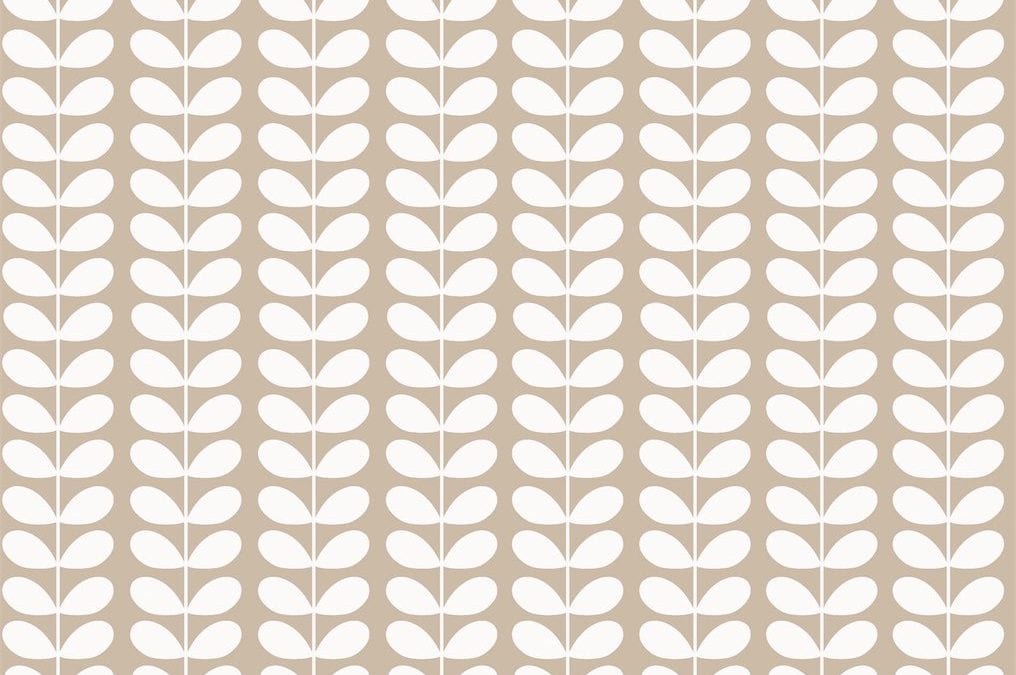Lavender under your pillow, a warm glass of milk or even counting sheep, there are plenty of old wives tales to help us sleep better, but do any of them really work? If you fail to get an adequate amount of sleep you could suffer a variety of issues including drowsiness in the workplace, anxiety and obesity.
According to the Sleep Council’s ‘Toxic Sleep’ survey, nearly half of the UK population only sleep for six hours or less a night, while four out of five people regularly complain about disturbed sleep. This highlights the scale of the problem.
Healthy living isn’t just about getting your heart racing with exercise, you’ll also need a good night’s rest to aid recovery and refresh yourself for a new day. Whilst we can scoff at some of the old tricks that promise us a fast track to falling asleep, often the issue is much simpler than we ever thought.
As sleep is such a big element of our lives, we’re often guilty of overthinking things when we try to work out why we’re still wide awake at 3am. We surveyed 750 people to find what they’d recommend for a good night’s sleep and the results were certainly varied. Almost two-thirds noted that changing the environment around you could help you sleep, recommending remedies such as aromatherapy, a new mattress, soundproofing and blackout blinds.
The very cause of your lack of sleep could be attributed to the way your bedroom is set out, so here are a few changes you can make to ensure you consistently get a good night’s sleep.
Managing light
Of course, the British weather doesn’t always greet us with glorious sunshine every morning, but even the light that is shrouded by clouds can wake us up and affect our sleep. Have you ever beaten your alarm clock in the morning? This could be due to the light peeking through the top and bottom of your curtains.
Traditional curtains offer little help if you’re a sensitive sleeper. No matter the thickness of the material you’ve used, light always seems to escape the seams of your curtains.
Around one in five of our survey respondents said the first thing they’d do to improve their sleep would be to install blackout blinds. Completely plunging your room into darkness, you can be assured that no rays of light will sneak into your room. Our range of blackout blinds will even ensure that the headlights of drivers passing by don’t interrupt your sleep.
But it’s not just natural light that could be causing you an issue. The amount of blue light we’re faced with during the day can suppress the amount of melatonin that our body produces, meaning that looking at your computer screen before bed could prohibit an important part of your natural sleep process.
The smallest hint of unnatural light could cause visual stimulation that distracts the mind from falling asleep. It has been suggested that even small stand-by and charger lights could catch our eye and keep us awake as we try to sleep.
Cutting out the sound
Around 8% of our survey respondents recommended sound proofing as a method to help you sleep, however it’s been suggested that gentle background noise from the natural world could actually help you drift off. Many people find the tapping of rain water or the sound of blustering wind comforting when drifting off, so perhaps you don’t need to completely soundproof your room.
As we mentioned before, our range of blackout blinds are a great choice for helping you sleep and they don’t just block light, they can in fact assist in blocking out unnatural sounds from the outside world. Softening the sounds caused by traffic, noisy neighbours and storms that threaten to wake us, investing in a bedroom revamp could drastically improve your sleep pattern.
A good night’s sleep is completely necessary to perform at your best and making these subtle changes to your room could instantly restore your body’s natural rhythm.
 FREE PROFESSIONAL INSTALLATION
FREE PROFESSIONAL INSTALLATION
 OVER 20 STYLES OF BLINDS AVAILABLE
OVER 20 STYLES OF BLINDS AVAILABLE
 UNBEATABLE 3 YEAR GUARANTEE
UNBEATABLE 3 YEAR GUARANTEE
 FREE HOME DESIGN SERVICE
FREE HOME DESIGN SERVICE

